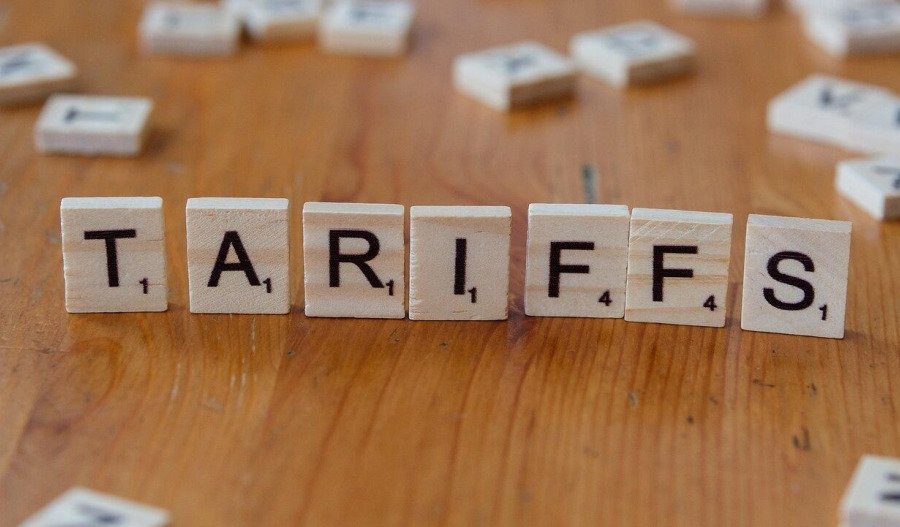The sweeping “Liberation Day” strike by the United States against its global trading partners included a 10% tariff on Australian exports, with President Donald Trump singling out Australia's ban on fresh beef from North America during his announcement.
"They're wonderful people and wonderful everything, but they ban American beef," Trump said.
"Yet, we imported $3 billion of Australian beef from them just last year alone. They won't take any of our beef. They don't want it because they don't want it to affect their farmers.”
It’s understood the U.S. has settled on a 10% reciprocal tariff for Australian exports due to non-tariff trade barriers, including biosecurity restrictions on some American food.
Referring specifically to non-tariff trade barriers imposed by a range of countries, Trump noted:
“They manipulated their currencies, subsidised their exports, stole our intellectual property, imposed exorbitant VAT [consumption taxes] taxes to disadvantage our products, adopted unfair rules and technical standards and created filthy pollution havens.”
US beef banned in 2003
Australia has a free trade agreement with the U.S., allowing products to enter each others' countries tariff-free.
However, biosecurity restrictions included a ban on U.S. beef imposed by Australia in 2003 due to American cases of bovine spongiform encephalopathy (mad cow disease).
Despite the tariffs on Australia being relatively light compared with other countries, the Albanese government is attempting to negotiate individually industry by industry for their reduction or removal of tariffs.
However, the Albanese government has ruled out watering down Australia’s agriculture biosecurity regime as part of ongoing negotiations.
Australia may file a challenge with the WTO
While the Albanese government has ruled out imposing retaliatory tariffs, it is considering filing challenges in the World Trade Organisation (WTO) and under the provisions of the bilateral free trade agreement with the U.S.
Assuming it wins the 3 May federal election the coalition has also committed to launching a WTO challenge.
However, challenges against tariffs and other protectionist measures can take time to resolve.
While the latest tariff actions from the Trump administration have come as no surprise to the Australian government, Prime Minister Anthony Albanese reiterated their futility.
“President Trump referred to reciprocal tariffs. A reciprocal tariff would be zero, not 10%. The administration’s tariffs have no basis in logic and they go against the basis of our two nations’ partnership. This is not the act of a friend,” said Albanese.
Steeper tariffs
While Trump has imposed a 10% baseline tariff on more than 180 countries and territories, steeper tariff rates on many countries, including 34% on China, 20% on the European Union, 46% on Vietnam and 32% on Taiwan.
The tariff rate on Beijing comes in addition to existing 20% tariffs on Chinese imports, meaning the true tariff rate on China is 54%.
“All articles imported into the customs territory of the United States shall be, consistent with law, subject to an additional ad valorem rate of duty of 10%,” unless otherwise noted, the executive order signed this afternoon read.
Trump also reserves the right to raise this baseline rate “should U.S. manufacturing capacity and output continue to worsen.”



